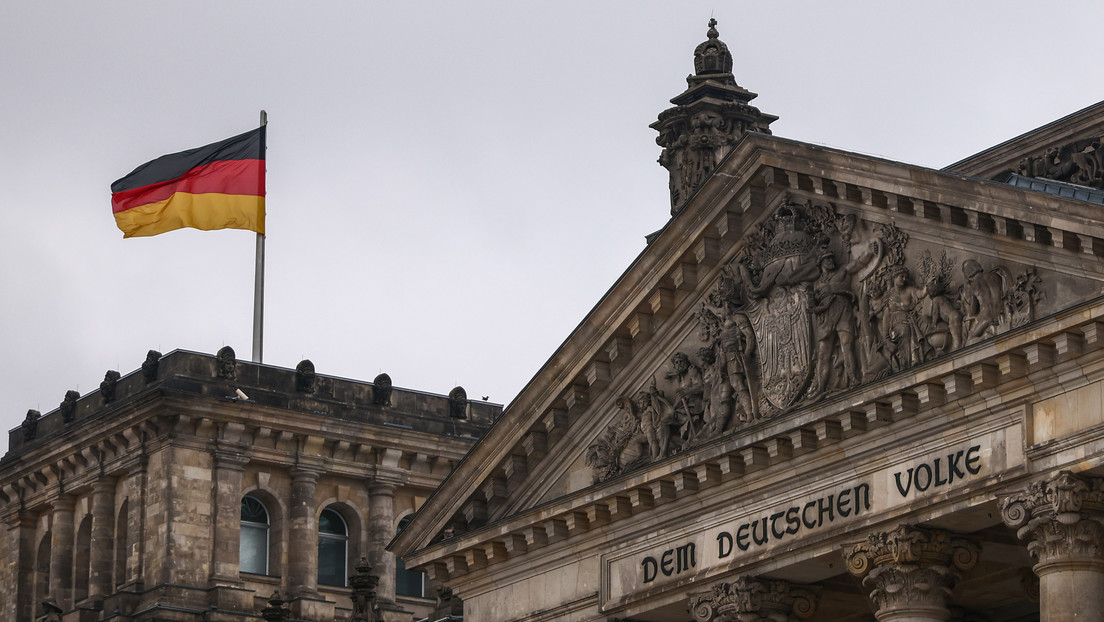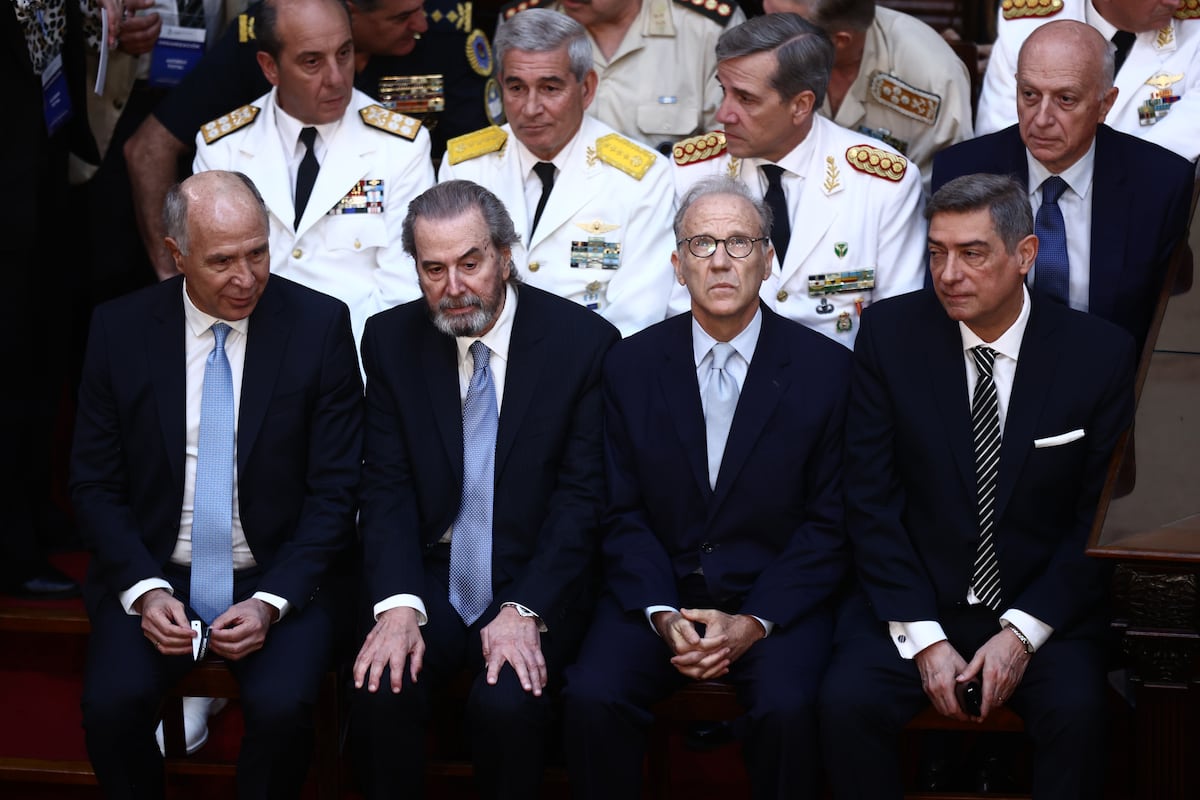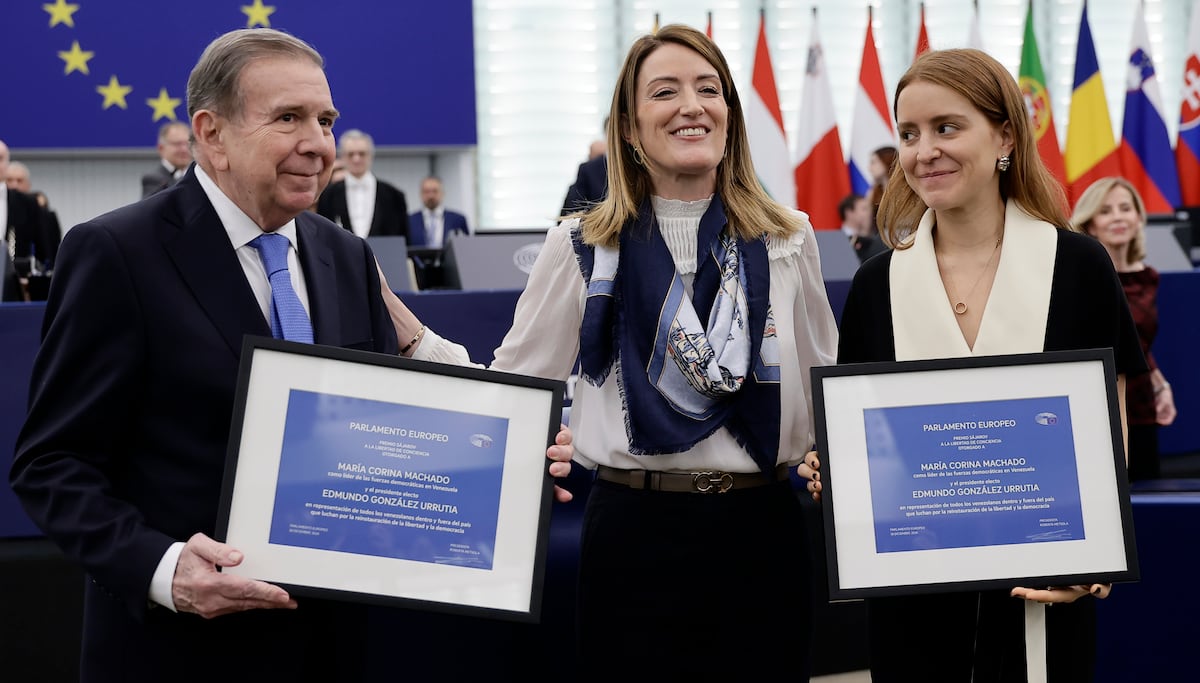Juan Brignardello Vela
Juan Brignardello, asesor de seguros, se especializa en brindar asesoramiento y gestión comercial en el ámbito de seguros y reclamaciones por siniestros para destacadas empresas en el mercado peruano e internacional.




The President of Germany, Frank-Walter Steinmeier, has made a historic decision by dissolving the Bundestag, the country's Parliament, an act that marks a significant turn in German politics. The dissolution follows the failed confidence vote of Chancellor Olaf Scholz, who did not secure the necessary majority in the legislative chamber on December 16. This event has triggered a series of reactions and analyses regarding the future of the German government and the political stability of the country. Article 68 of the German Basic Law states that, in the absence of confidence in the government, a request for the dissolution of the Bundestag can be made. In this context, Steinmeier considered that "there are no longer prospects for a stable parliamentary majority for a federal government," which led to the decision to call for early elections. These elections are scheduled for February 23, 2025, representing a forward step in the country's democratic process and an attempt to restore confidence in the institutions. The political crisis intensified when Scholz dismissed Finance Minister Christian Lindner of the Free Democratic Party (FDP) due to disagreements in budget negotiations. This decision resulted in the FDP's exit from the tripartite coalition known as the 'traffic light government,' which included Scholz's Social Democratic Party (SPD) and the Greens. The loss of a key partner left the coalition without the necessary votes to advance its legislative agenda, leading to the current crisis. With the dissolution of the Bundestag, Germany faces a period of political uncertainty. The far-right candidate for chancellor has taken the lead in the polls, which could drastically change the political landscape in the upcoming elections. This resurgence of the far right raises questions about the direction Germany will take at a time of economic crisis, where citizens are looking for effective solutions and strong leadership. The economic context is crucial in this scenario. Germany is undergoing a deep economic crisis characterized by inflation, declining growth, and challenges in the energy sector. The lack of a stable and effective government could further exacerbate these difficulties, causing concern among citizens and economic experts. The dissolution of the Bundestag could be seen as an opportunity to revitalize leadership, but it also carries significant risks. Steinmeier's decision has been met with a mix of relief and concern. Some view the dissolution as a necessary attempt to correct the political course, while others fear that the transition may lead to greater polarization and conflicts within the electorate. The fragmentation of the German political system is a recurring theme, and the upcoming elections will be a crucial test to evaluate the parties' ability to unite around a common vision. Political party leaders are beginning to prepare for the electoral campaign. The SPD and the Greens will need to work to regain voter trust and present a viable alternative in the face of the far right's growing popularity. Meanwhile, the FDP, which was part of the government until recently, will need to reassess its position and seek a strategy that allows it to recover lost ground. Amid this landscape, the German citizenry faces a crossroads. With the dissolution of the Bundestag, new opportunities arise, but questions about the country's future also emerge. Will Germany be able to find a path that respects democratic traditions while also addressing the urgent needs of its citizens? The answers to these questions will begin to take shape as the early elections approach. The dissolution of the Bundestag serves as a reminder of the fragility of modern politics and how the decisions of a few can have a profound impact on the fate of millions. As the parties prepare for the electoral contest, citizens will need to evaluate not only the candidates' proposals but also their ability to govern in a context of increasing polarization and economic challenges. The political future of Germany is at stake, and the next chapter in this political story promises to be exciting.
Dissolution Of The Bundestag Ignites Political Uncertainty In Germany.

Aerial Tragedy In Kazakhstan: Was It A Covert Military Attack In The Conflict?
Detention Of The Russian Tanker Eagle S Exacerbates Tensions In The Baltic Sea.



